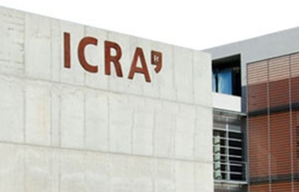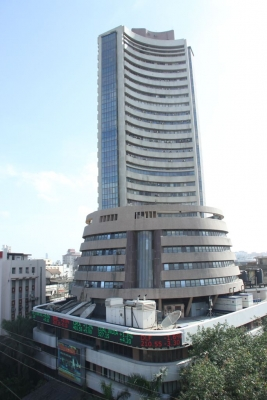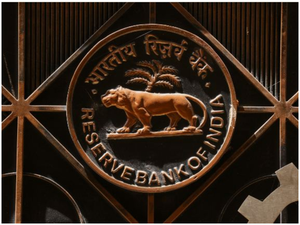Decline in battery costs boosting green energy projects: ICRA

The sharp decline in battery costs is expected to boost the share of generation from the renewable energy (RE) capacity, including large hydro, to 40 per cent of the all-India electricity generation by FY2030 from less than 25 per cent currently, driven by the large capacity addition under way, credit rating agency ICRA said on Thursday.
Battery prices reached an all-time low in 2023 led by the moderation in raw material prices amid the increase in production across the value chain, the agency said in a report.
Achieving such a high renewable energy share would require development of energy storage systems (ESS) to manage the intermittency associated with wind and solar power. The ESS is currently mainly driven by the battery energy storage systems (BESS) and pumped hydro storage projects (PSP). The recent appreciable decline in battery costs is expected to speed up the adoption of BESS projects, it said.
The ESS also plays a role in improving grid stability, providing ancillary support services and peak load shifting. After the notification of the bidding guidelines by the Ministry of Power for BESS projects, there have been multiple bids called by Central nodal agencies and state distribution utilities. The tariff under these bids is fixed and payable based on the availability and round trip efficiency.
Commenting on the bidding trends, Girishkumar Kadam, Group Head – Corporate Ratings, ICRA, said, “The discovered tariff under the BESS tenders more than halved from Rs. 10.84 lakh/MW/month in the first Solar Energy Corporation of India (SECI) tender in August 2022 to Rs. 4.49 lakh/MW/month in the latest tender by Gujarat in March 2024, reflecting the decline in battery prices and improving competitiveness of such projects.”
The viability of these projects remains pegged to the capital cost of BESS. Based on the average battery cost of $140/kwh seen in 2023 along with associated taxes/duties and cost of the balance of plant, the capital cost is expected to be in the range of $220-230/kwh, he added.
The decline in battery costs over the past decade leading up to 2021 helped reduce the cost of energy storage and adoption of BESS projects globally. While the prices went up in 2022, they declined in 2023 to an all-time low, led by the moderation in raw material prices, amid the increase in production across the value chain. Cheaper battery prices are the key to increased adoption of BESS projects, in ICRA’s view.
Kadam said, “Based on prevailing battery costs, the storage cost using BESS is estimated to have come down from over Rs 8.0- 9.0 per unit seen in 2022 to Rs 6.0-7.0 per unit at present. A sustained reduction in battery prices and the relatively low gestation period for these projects are expected to support their greater adoption for energy storage, going forward.”





